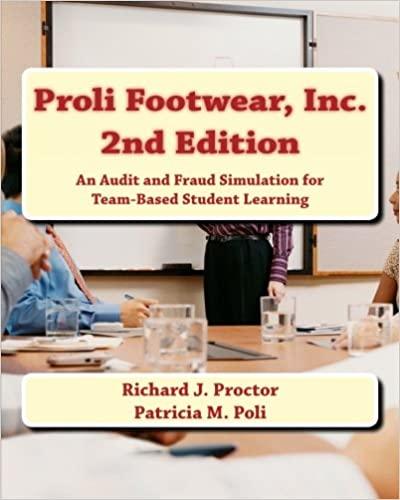Question
12. The important function/s that enable management to continually plan for the future and assess implementation a. planning, control, and implementation b. planning and implementation
12. The important function/s that enable management to continually plan for the future and assess implementation
a. planning, control, and implementation b. planning and implementation c. control only d. planning and control
13. _______________ is the process of setting standards, receiving feedback on actual performance, and taking corrective action whenever actual performance deviates significantly from planned performance.
a. Monitoring b. Comparing c. Eye balling d. Control
15. The controllability concept states that managers should be held responsible for
a. only items that are allocated to their divisions on a per-unit basis. b. all items over which they have decision-making authority. c. costs and revenues, but not investments in assets used in their division. d. fixed compensation items, but not contingent compensation items
16. Its focus remains upon the processes used by the organization for transforming the inputs (resources) into outputs (products/services).
a. Structural control b. Operational control c. Tactical control d. Strategic control
18. Which of the following is not an internal control?
a. setting limits on the amount of expenditures. b. using absolute performance standards. c. separation of duties. d. rotating personnel among tasks.
Step by Step Solution
There are 3 Steps involved in it
Step: 1

Get Instant Access to Expert-Tailored Solutions
See step-by-step solutions with expert insights and AI powered tools for academic success
Step: 2

Step: 3

Ace Your Homework with AI
Get the answers you need in no time with our AI-driven, step-by-step assistance
Get Started


